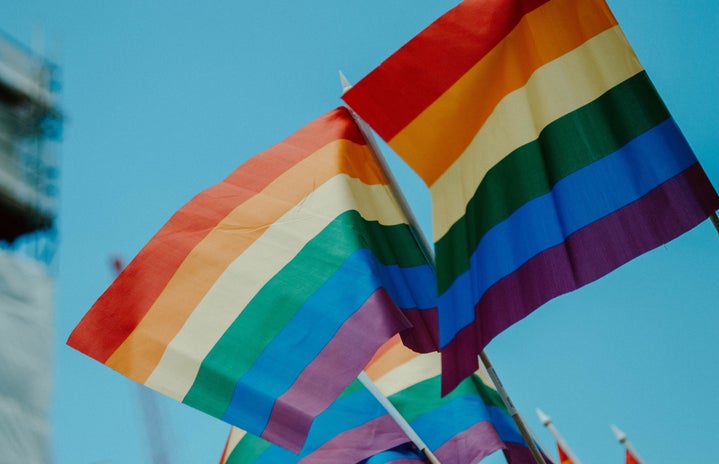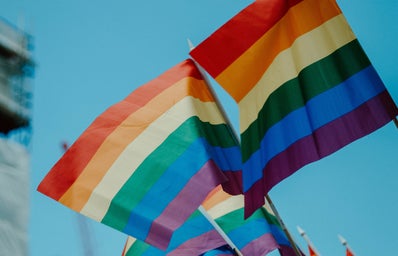Ever watched a show where there are two characters of the same sex whose relationship often bordered on sexual or romantic but is never outright confirmed to be? We all have!
It’s a fairly common practice in the media and entertainment industry called queerbaiting. Queerbaiting is when a work of fiction suggests a romantic relationship between two of its characters but never actually confirms this relationship. From Ariana Grande’s “Break Up With Your Girlfriend, I’m Bored” music video to the over-a-decade-long “will they, won’t they” dynamic between Supernatural’s Dean and Castiel, we’ve had our fair share of queerbaiting in pop culture over the years.
There are a couple of factors that play into why queerbaiting happens but the one most prevalent—and problematic—is because people still view outright same-sex relationships as taboo and “edgy”. The LGBTQ community is not at all a taboo thing and should not be treated as such but same-sex relationships are notoriously hypersexualized in pop culture, particularly ones between women.
One of the most blatantly obnoxious examples of this can be observed in the CW show Riverdale between Archie Comics characters, Betty and Veronica. In the first episode of the series, the girls are told to be more “edgy” during cheerleading tryouts and Veronica decides kissing Betty would be edgy enough to get the duo on the squad. It is very clearly disrespectful to the LGBTQ community and meant to fetishize same-sex relationships between women, something the show continuously does. There’s even an ad for the series where the two girls are lying in bed together in their cheerleading practice gear, speaking in sultry voices about watching the premiere episode of a new season.
There is also an extensive history of queerbaiting with men in the media. In western media with shows like Sherlock and Teen Wolf (yes, despite all the queer background characters, the Teen Wolf series still had some obvious queerbaiting issues), it’s often done to draw in queer audiences. It’s also a common issue in Asian media, particularly in anime and manga where there are major issues with queerbaiting and fetishizing male relationships—male characters will often have ridiculously homoerotic dynamics with each other that never play out; there’s even an entire genre of works called yaoi that is meant to be dedicated to romantic male relationships but is really just gay porn.
Sexual fluidity exists and plenty of people date and hook up with same-sex partners without labelling their sexuality but queerbaiting hypersexualizes an already oversexualized community of people—that have consistently been condemned by society because the LGBTQ is often perceived as hypersexual—and makes queer relationships seem like they’re some sort of sexy trend rather than like actual relationships. No one’s relationship should be treated trivially solely because of the sex of their partners and fetishizing same-sex relationships shouldn’t be a go-to method of marketing your show.
Additionally, I’m just tired of seeing homoerotic relationships between men or women not actually play out into anything romantic just because a show wanted to draw in a queer audience without driving away a straight audience and I imagine many other queer people feel the same. It’s not edgy and it’s not interesting, it’s just disappointing. While pop culture has become a little more progressive in its portrayals of queer relationships, it’s clear that the societal perception of LGBTQ relationships still needs to be adjusted.


